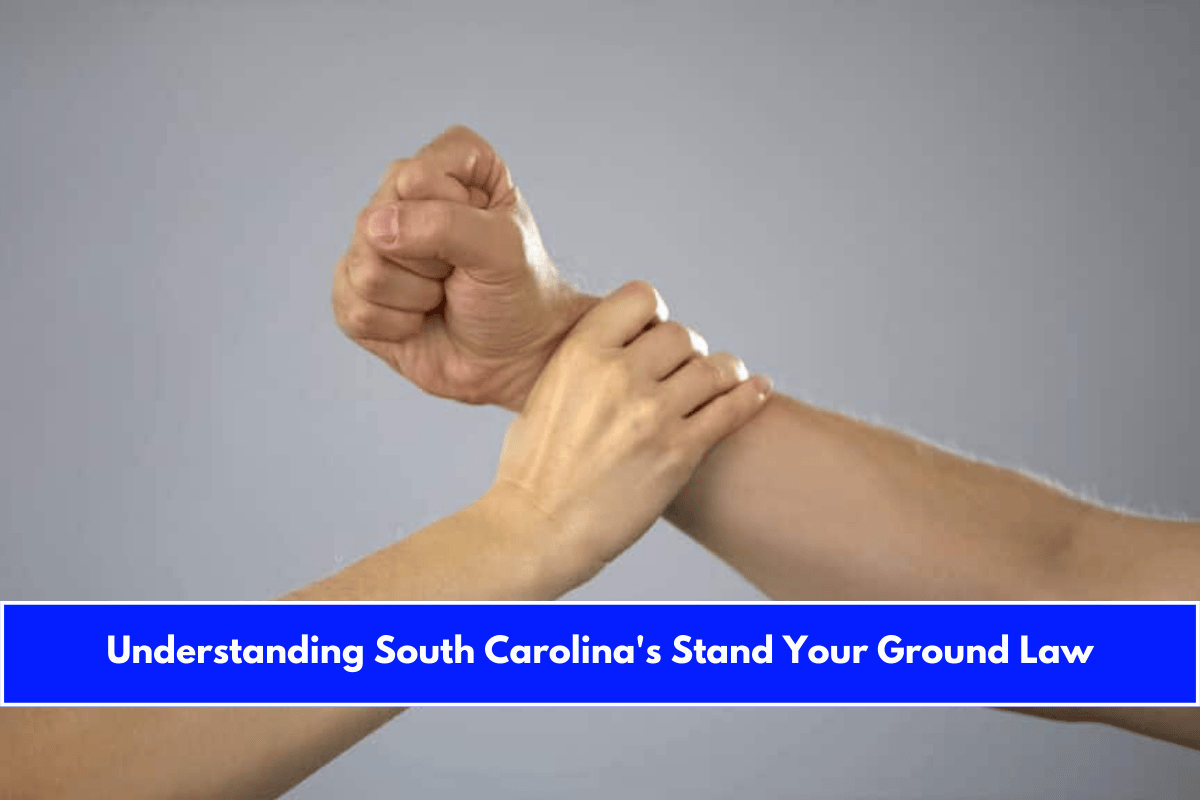South Carolina’s Stand Your Ground law is a self-defense statute that allows individuals to use force-including deadly force-when they reasonably believe it is necessary to prevent imminent death, great bodily injury, or the commission of a violent crime against themselves or others.
Crucially, this law removes the “duty to retreat”: if you are lawfully present in a location and not engaged in illegal activity, you are not required to attempt escape before defending yourself.
Where Does the Law Apply?
The law applies in several settings:
- Home (Castle Doctrine): The law presumes you are in fear of death or great bodily harm if someone unlawfully or forcibly enters your home. You may use force to defend yourself in this situation.
- Vehicle: The same protections extend to your occupied vehicle.
- Public Spaces: Stand Your Ground applies anywhere you have a legal right to be, such as your workplace or any public area, as long as you are not doing anything illegal.
Key Provisions and Protections
- No Duty to Retreat: You do not have to retreat before using force if you are lawfully present and face an imminent threat.
- Reasonable Belief Required: You must have a reasonable fear of imminent peril of death or great bodily injury to yourself or others.
- Proportional Response: The force used must be proportional to the threat. Deadly force is justified only if you reasonably believe it is necessary to prevent death or serious injury.
- Immunity from Prosecution: If your use of force is justified under the law, you may be immune from criminal prosecution and civil lawsuits brought by the person injured.
- Burden of Proof: If you claim Stand Your Ground as a defense, the prosecution must prove your use of force was unjustified.
Important Limitations
- Cannot Be the Aggressor: You cannot claim Stand Your Ground if you initiated the confrontation or were engaged in unlawful activity.
- No Protection for Illegal Activity: The law does not protect individuals who are committing a crime at the time of the incident.
- Special Circumstances: You cannot use deadly force against someone who is lawfully present (e.g., a resident or guest) or against an on-duty police officer who has identified themselves.
Proving Self-Defense
To successfully claim self-defense under Stand Your Ground, you must demonstrate:
- You did not provoke the attack.
- You believed you were in imminent danger of death or serious bodily harm.
- A reasonable person in your situation would have had the same belief.
- You had no other probable means of avoiding the danger (but you are not required to retreat).
Evidence such as video footage, witness statements, and expert testimony can be critical in supporting your claim.
Summary Table: South Carolina Stand Your Ground Law
| Provision | Description |
|---|---|
| Duty to Retreat | None, if lawfully present and not engaged in illegal activity |
| Where It Applies | Home, vehicle, workplace, public spaces |
| Type of Force Allowed | Reasonable force, including deadly force if facing imminent threat |
| Immunity | From criminal prosecution and civil liability if justified |
| Limitations | Cannot be initial aggressor, cannot be engaged in illegal activity, no force against police |
| Burden of Proof | Prosecution must prove use of force was unjustified |
South Carolina’s Stand Your Ground law gives broad self-defense rights to individuals facing imminent threats, as long as they are lawfully present and not engaging in illegal activity.
The law eliminates the duty to retreat and provides immunity from prosecution if the use of force is justified-but it also has important limitations and does not protect those who start confrontations or break the law.
Sources:
- https://kinglawoffices.com/personal-injury/stand-your-ground-laws-in-south-carolina/
- https://aikenattorneys.com/what-are-stand-your-ground-states/
- https://bannisterandwyatt.com/stand-your-ground-law-in-south-carolina/
- https://www.swilliams-law.net/blog/self-defense-laws-in-sc/











Leave a Reply